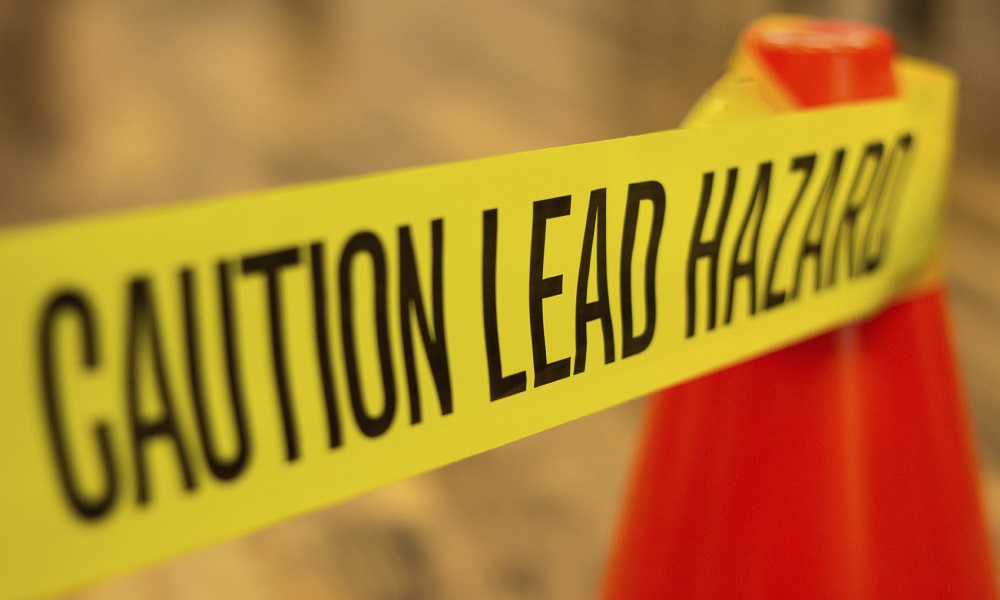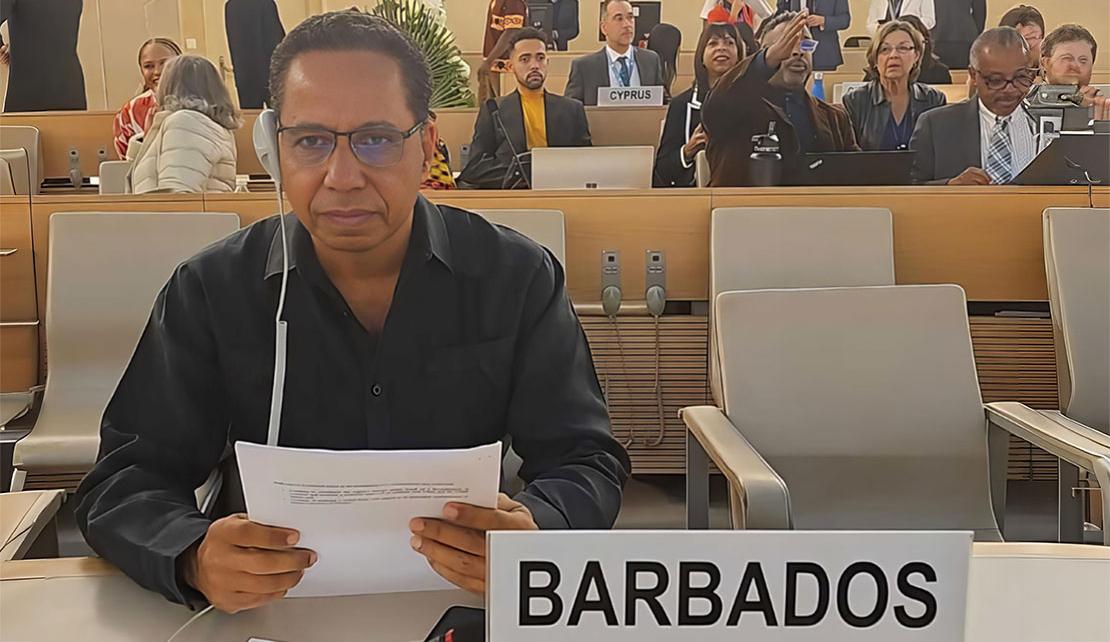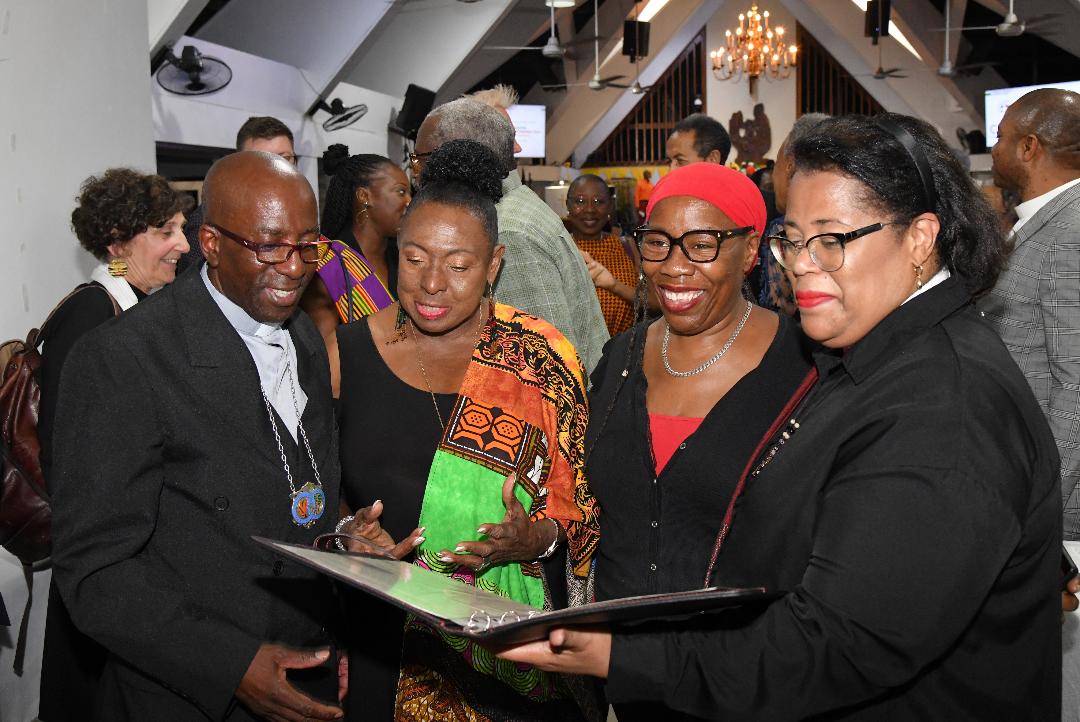KINGSTON, April 16 (JIS):
Minister of Culture, Gender, Entertainment and Sport, Hon. Olivia Grange, says the Jamaican Government remains committed to seeking reparations for the prolonged period of chattel enslavement endured by the African forefathers on the country’s plantations.
Minister Grange said that the historical events of the transatlantic slave trade continue to have a lasting impact on Black communities to this day.
She contended that the ongoing struggles to finance education and healthcare, address poverty and housing issues, respond to economic shocks and climate change impacts, and foster peaceful societies are all rooted in the historical legacy of enslavement.
Minister Grange was addressing a church service on Sunday (April 14) at the Webster Memorial United Church in St. Andrew, where an apology was issued on behalf of the United Reform Church (URC) in the United Kingdom (UK) by Moderator of the Assembly of the URC, Reverend Tessa Henry-Robinson, for the church’s historical involvement in slavery.
“We, the general assembly of the United Reform Church, mindful of our own history and that of our antecedent bodies, wish to confess and apologise for our role in transatlantic slavery and the scars which continue to blight our society, our church and the lives of Black people in our midst and around the globe today,” the apology read.
Minister Grange, in accepting the apology, urged UK churches, particularly those whose representatives were present for the historic apology in Jamaica, to communicate to their government the ethical imperative of admitting culpability through an apology and working with Jamaica to discern the potential avenues for reparations.
She said that the church’s role in the transatlantic slave trade has had significant and enduring effects on Black communities, impacting society, the church itself, and the lives of Black individuals worldwide.
“It is this complicity of the church that gave solace and comfort to the citizens and governments of UK and Europe as they endorsed and defended with their military project, that saw the capture, the torture, the dehumanisation, and devaluation of African people, legacies of which we experience today as racism, white supremacy, and discrimination,” she stated.
“We struggle to build peaceful, stable societies because of the perpetration of violence which was the platform on which enslavement was executed yet, in spite of this, we have been good converts to these same religions. Our people have adopted and adapted the doctrines and rituals of these new religions and in many instances have energised and revitalised them with cultural practices of African spirituality,” the Minister emphasised.
The URC is a community of Christians gathering in local churches across England, Scotland, and Wales, and is part of the global family of Reformed Churches, comprising more than 70 million Christians.
With approximately 42,000 members in around 1,200 congregations, supported by more than 600 ministers, the URC plays a significant role in the spiritual and communal life of its members and the broader community.
CONTACT: BRITNEY STEVENS


 News1 day ago
News1 day ago
 Health1 week ago
Health1 week ago
 Caribbean News3 days ago
Caribbean News3 days ago
 Caribbean News6 days ago
Caribbean News6 days ago
 Health1 week ago
Health1 week ago
 Caribbean News6 days ago
Caribbean News6 days ago
 Bahamas News5 days ago
Bahamas News5 days ago
 Health2 days ago
Health2 days ago







